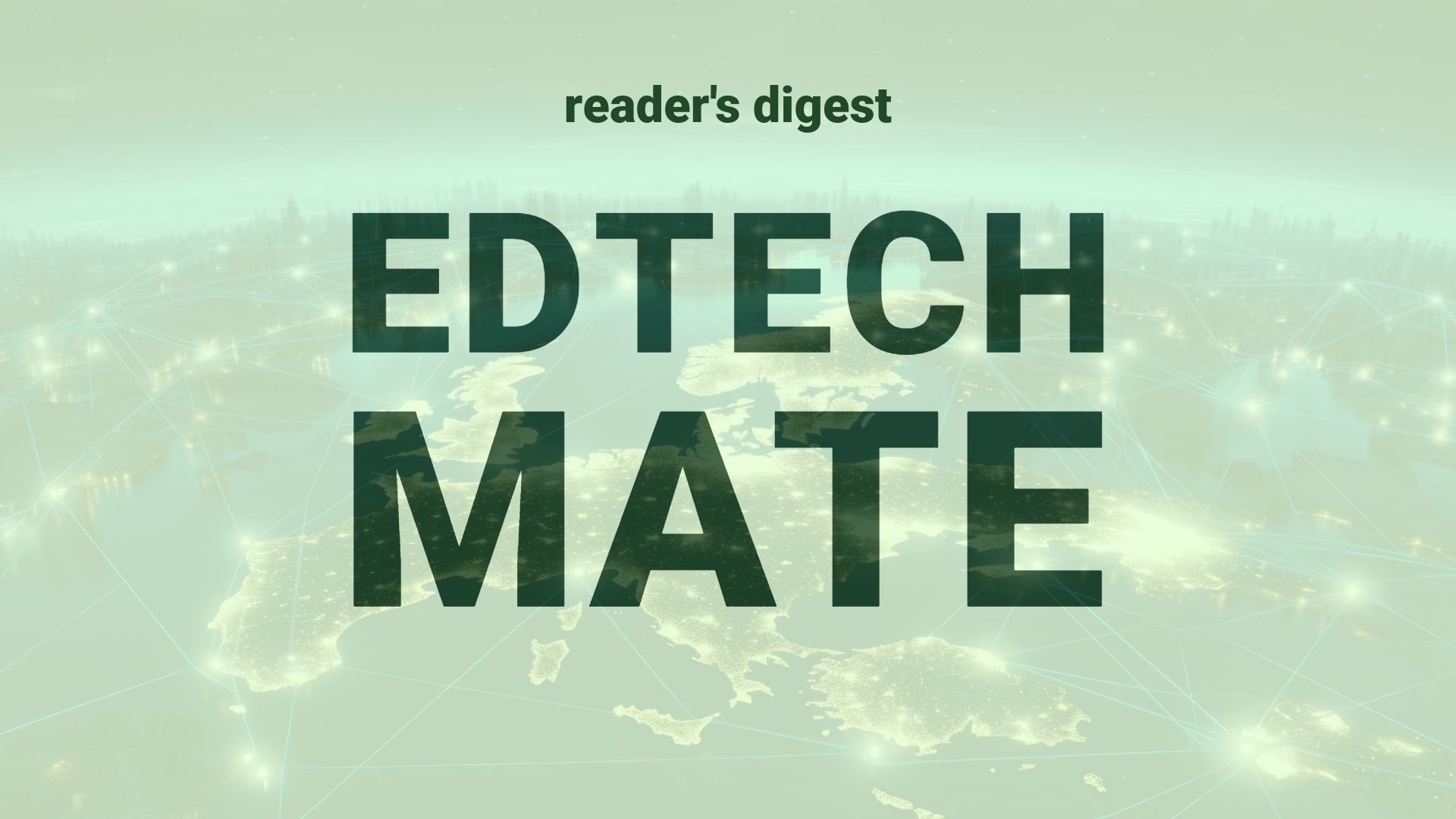Executive Summary and Main Points
OpenAI has formally introduced GPT-4o, an upgraded iteration of its AI model, delivering advancements in speed, text, video, and audio capabilities. The new model is not only faster but also comes at half the cost of its predecessor, GPT-4 Turbo. GPT-4o boasts multilingual functionality, supporting 50 languages, and encompasses a desktop version of ChatGPT. Future developments will enable video chats with ChatGPT. This push for innovation is part of OpenAI’s bid to cement its place at the forefront of the generative AI market and create sustainable revenue streams amidst the competition and high operational costs.
Potential Impact in the Education Sector
The latest GPT-4o model could significantly shape educational practices and administrative functions in Further Education, Higher Education, and Micro-credentials. GPT-4o’s multilingual capacity will forge more inclusive educational tools and resources, catering to a global student body. Rapid response times akin to human conversation make real-time teaching and academic support feasible. By opening access to developers, GPT-4o encourages educational institutions to form strategic partnerships for digital tool creation, spread digitalization, and augment learning experiences.
Potential Applicability in the Education Sector
Implementing GPT-4o’s AI capabilities can transform educational environments through personalized learning, automated administrative tasks, and enhanced research. AI-driven personal tutors for language learning, code writing aid, and problem-solving exercises present immediate applications. Long-term innovations might include AI facilitators conducting interactive and adaptive lectures, and digital assistants providing real-time translation, making education more accessible globally.
Criticism and Potential Shortfalls
The rapid deployment of GPT-4o has sparked concerns about potential biases and the risk of circulating misinformation within educational content. Ethical considerations arise when considering data privacy and AI’s influence on learning integrity. Moreover, differential tech infrastructure availability across global education systems could exacerbate inequities. These issues call for ongoing scrutiny and assessment for ensuring the responsible integration of AI in education.
Actionable Recommendations
Educational leaders interested in adopting GPT-4o should prioritize establishing ethical guidelines for use and partner with developers to ensure AI tools align with educational objectives. They should consider pilot programs to assess the pedagogical benefits and engage in cross-institutional studies to evaluate effectiveness in diverse educational contexts. Investment in upskilling staff and infrastructure to support AI integration will be crucial for maximizing the transformative potential of this technology in global higher education.
Source article: https://www.cnbc.com/2024/05/13/openai-launches-new-ai-model-and-desktop-version-of-chatgpt.html

